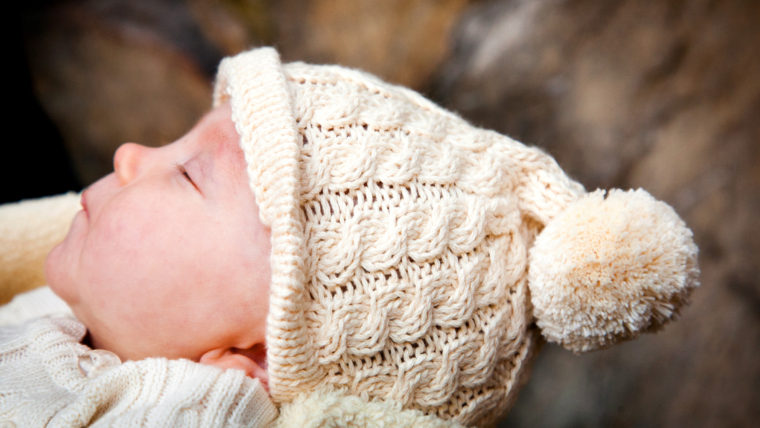
Conventional wisdom would have you think that talking to babies is a bit futile, maybe even silly because a little baby couldn’t possibly understand language yet. After all, they’re just babies… that’s where science disagrees. Current research shows that babies start to understand language as early as 2-months-old. Even before that they can recognize voices and sounds and connect them to meaning. This shows that babies understand a lot more than most people realize and that is why the way we talk to babies and young children matters.
If I’d ever lost faith in the fact that babies are extremely capable little people, I was given some pretty solid proof not too long ago. I had been invited to help coach a mother named Kay* through some challenging behavior with her 3-year-old daughter. When I arrived, there was much to observe, her husband was leaving the house, the nanny was arriving to care for the 8-month-old baby, and the 3-year-old had just left for preschool.
As we began to talk, the nanny was getting ready to take the baby to the park and Kay* handed her to the nanny who started walking toward the door. The baby began to cry loudly and reached out toward her mother. The nanny continued walking, Kay* continued talking to me and the baby continied crying and crying and…. crying.
Talking to Your Baby
Pausing, I gently asked Kay* if she could try something for me “Can you see what happens if you tell little B that you know she’s confused and doesn’t want to leave? See what happens if you tell her where she is going and what is happening. Then trying giving her a hug, tell her you’ll see her soon and say good-bye.” She looked at me a little timidly but nodded.
What happened next was a powerful moment of connection and transformation. Kay reached for her baby and took her from the nanny. She held her and looked into her eyes and told her that she was sorry that she didn’t say good-bye. Kay* told her that Nanny was taking her to the park and she would see her after lunch. “I love you and I will see you soon,” Kay said and hugged her good-bye.
The Result
Little B stopped crying and looked at her mother for a good long moment, then looked at the nanny and reached for her, now quite content to leave the house. Kay looked at me in astonishment and said “I have to say, I’m a little embarrassed. I have always believed that babies were whole people, but maybe I really didn’t know what that meant. I was so focused on my older daughter that I didn’t even notice that the baby can understand me too.” I nodded and smiled, impressed with Kay’s openness to this new way of seeing her baby. I left assured that their relationship would be built on a new trust and a view that babies are capable of more than we think if we just sit back and get to know them – just as they are.
*names have been changed
You may also like:
What Your Baby Can’t Tell You – by Janet Lansbury
Connection – It’s Child’s Play – by Peaceful Parents, Confident Kids
The Way We See Them – Regarding Baby
A Different Kind of Cry – Respectful Parent

Leave a Reply